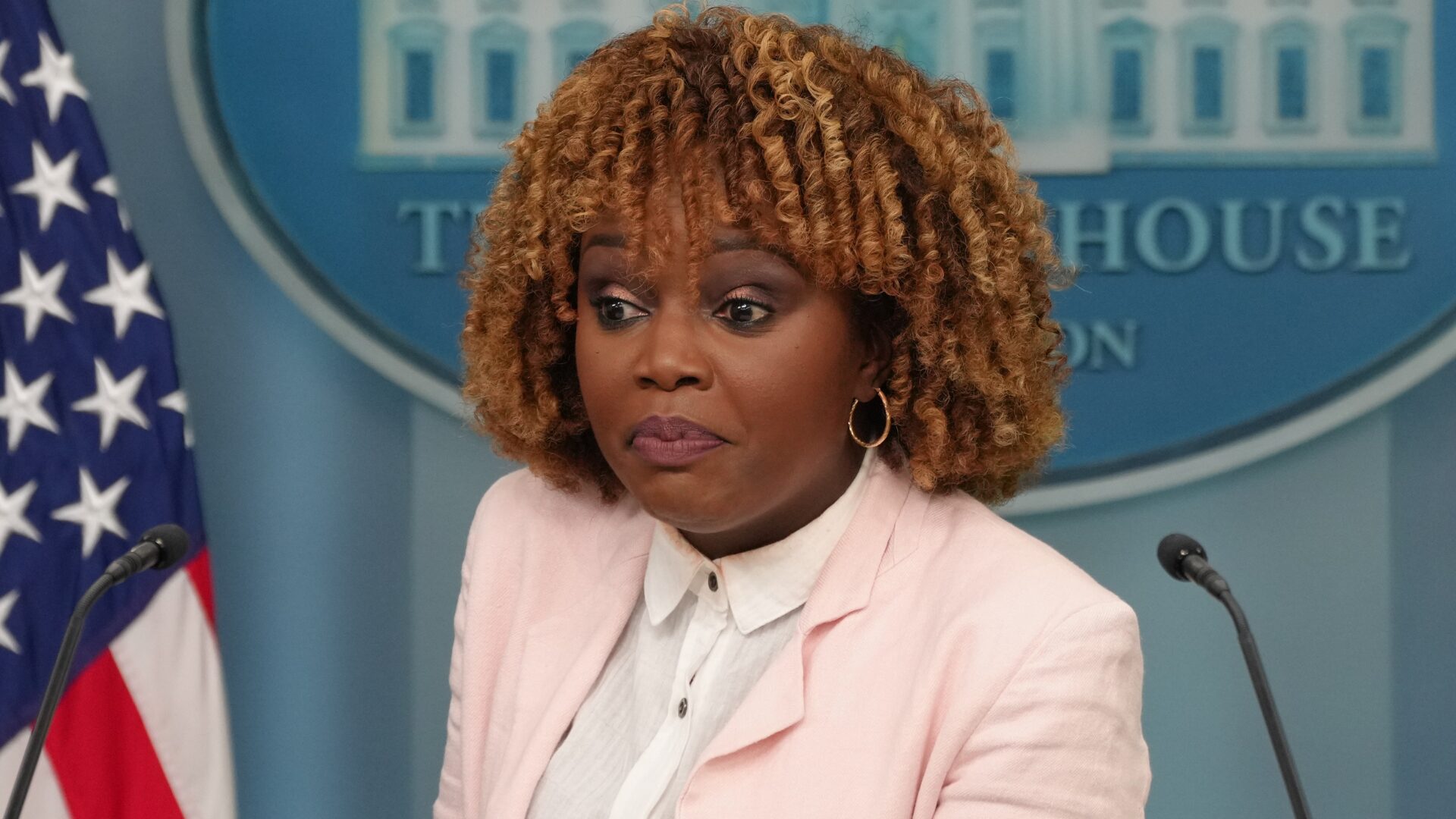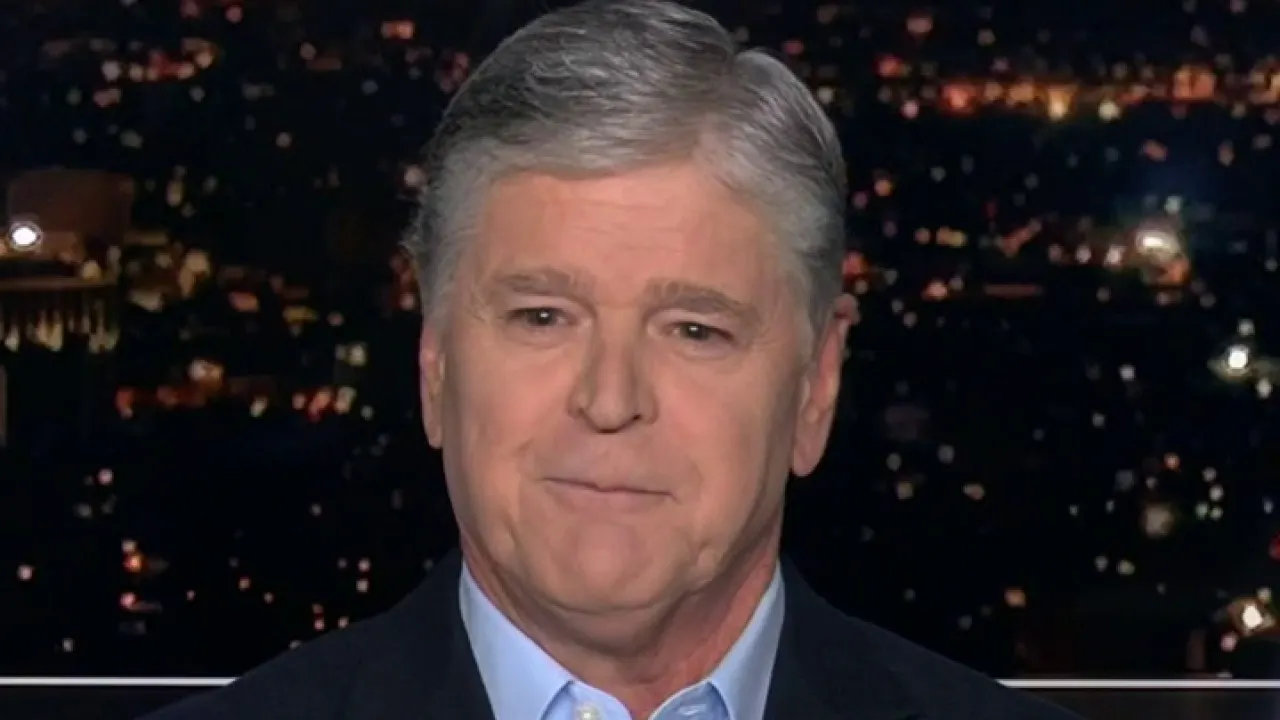Pat Boone’s plan to be a teacher/preacher got interrupted by a career still going strong 70 years later.
The pop icon’s early success gave way to decades atop the show business ladder. Hit songs. Blockbuster movies. Best-selling books. Music spanning gospel, country, pop, rock, and more.
‘God lets us reap the consequences of our actions and our betrayal of him … the worse we get, the harder times we get, and then a revival breaks out.’
Remember “In a Metal Mood: No More Mr. Nice Guy,” his disc of heavy metal covers? Boone teamed with Alice Cooper to present the award for “Hard Rock/Heavy Metal” at the 1997 American Music Awards.
He looks back with a chuckle, content to have provided for his wife and young child at the dawn of a remarkable career.
At 90, retirement isn’t on the agenda. There’s still too much to create, and pop culture could use Boone’s God-fearing art.
Still.
His early success struck him as a curiosity, nothing more.
“It was something I would tell my kids and grandkids about,” Boone tells Align about signing with a “Tennessee start-up” label called Dot Records in the mid 1950s.
That initial pairing yielded “Two Hearts.” Boone never looked back.
“Well, it was fun to do, and it became a million-seller,” he says of the song, adding he followed it up with a cover of Fats Domino’s “Ain’t That a Shame.” “All of a sudden I was a teen idol. … It wasn’t a goal, but it was happening to me.”
Fame, fortune, and endless opportunities followed, but Boone wouldn’t take any ol’ project that crossed his path. Then or now.
“I just kept on doing what I could honorably do,” he says, adding he would go through a song’s lyrics with a “fine-toothed comb” to make sure it matched his godly values. He even turned down a project co-starring Marilyn Monroe.
Along the way, he realized he didn’t have a traditional congregation like he once imagined for himself. He’d use his pop culture perch instead. He could reach the masses on his own terms.
White artists from the 1950s have been criticized for appropriating R&B, sometimes known then as “race music,” for their own benefit. Race relations were fraught at the time, and the music industry often placated white audiences for its content.
Boone sees it differently. Consider his take on “Ain’t That a Shame.” He says it outsold Domino’s version, but since the singer owned the rights to the song, he benefited from both versions.
The cover version steered bigger royalty checks his way, Boone says.
The ageless crooner is proud to share another anecdote tied to improving race relations. He recalls receiving praise from the Rev. Jesse Jackson. He once appeared on a Rainbow Coalition Chicago radio program to promote an album of R&B covers he sang with the original musicians.
That impressed the civil rights leader, apparently.
“I think Pat Boone did more for race relations in his early career than any other artist,” Jackson said, according to Boone. “Not only singing the songs and bringing them on his television show but treating [black musicians] as peers and equals.”
Boone, who appeared in hits like “Journey to the Center of the Earth” (1959) and “The Greatest Story Ever Told” (1965), keeps busy on the big screen to this day. He snagged a small role in the recent “Reagan” biopic and plays an older Thomas Jefferson in “The American Miracle” co-starring Kevin Sorbo, slated for a 2025 release.
He hasn’t stopped singing either. Not only did Boone croon a bit during the Align conversation, his 2023 release “Country Jubilee” features five of Pat Boone’s Top 100 Country recordings. That includes the duet “You and I,” featuring Crystal Gayle.
The entertainer is keenly aware of the state of the America, cautiously optimistic despite cultural trends.
“God lets us reap the consequences of our actions and our betrayal of him. … The worse we get, the harder times we get, and then a revival breaks out,” he says. Boone’s America went from singing a patriotic song before the school day started to being taught “warped history” in public schools.
“Now, you can’t say anything about Jesus or patriotism,” he notes.
He also finds hope in the “miracle” of President Donald Trump surviving the July 13 assassination attempt and coming back stronger than ever.
Trump, like President Ronald Reagan before him, survived a bullet and proceeded to do “what God wanted him to do.”
“We’re going to hear more of [Trump’s] confession of faith and how God spared him. Americans will resonate with that,” he says.
Read the full article here








![Handshake Rejected? Kamala Harris Left Hanging by Senator’s Husband [WATCH] Handshake Rejected? Kamala Harris Left Hanging by Senator’s Husband [WATCH]](https://www.lifezette.com/wp-content/uploads/2024/10/2024.10.30-06.27-lifezette-67227aaa9e492.jpg)
